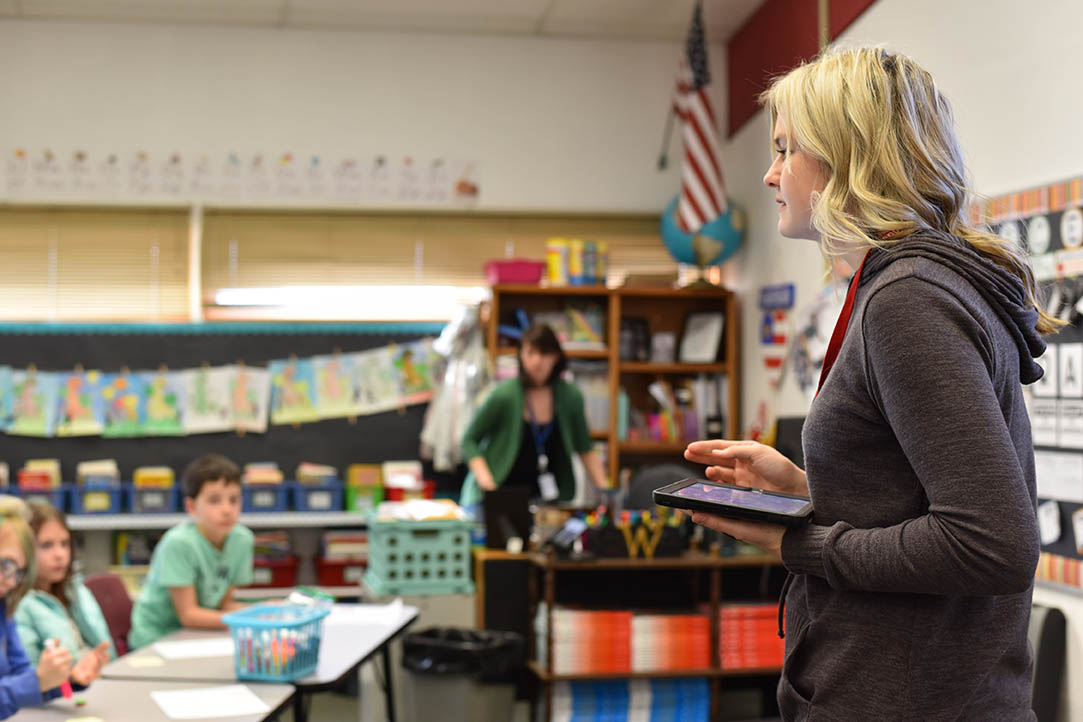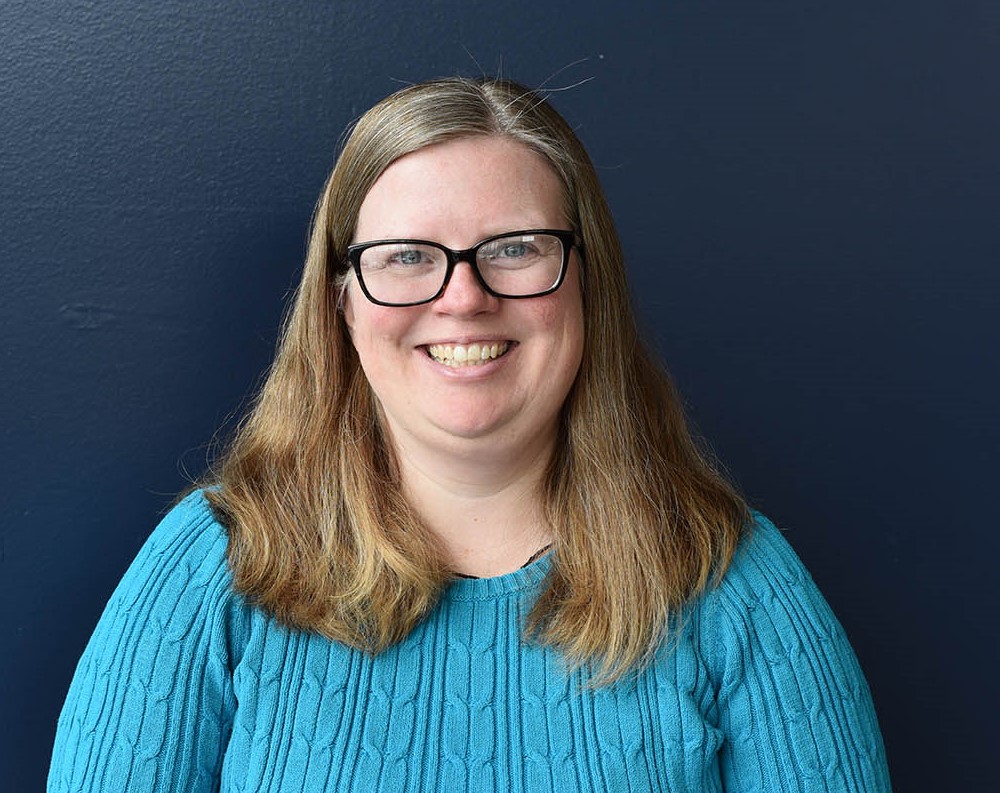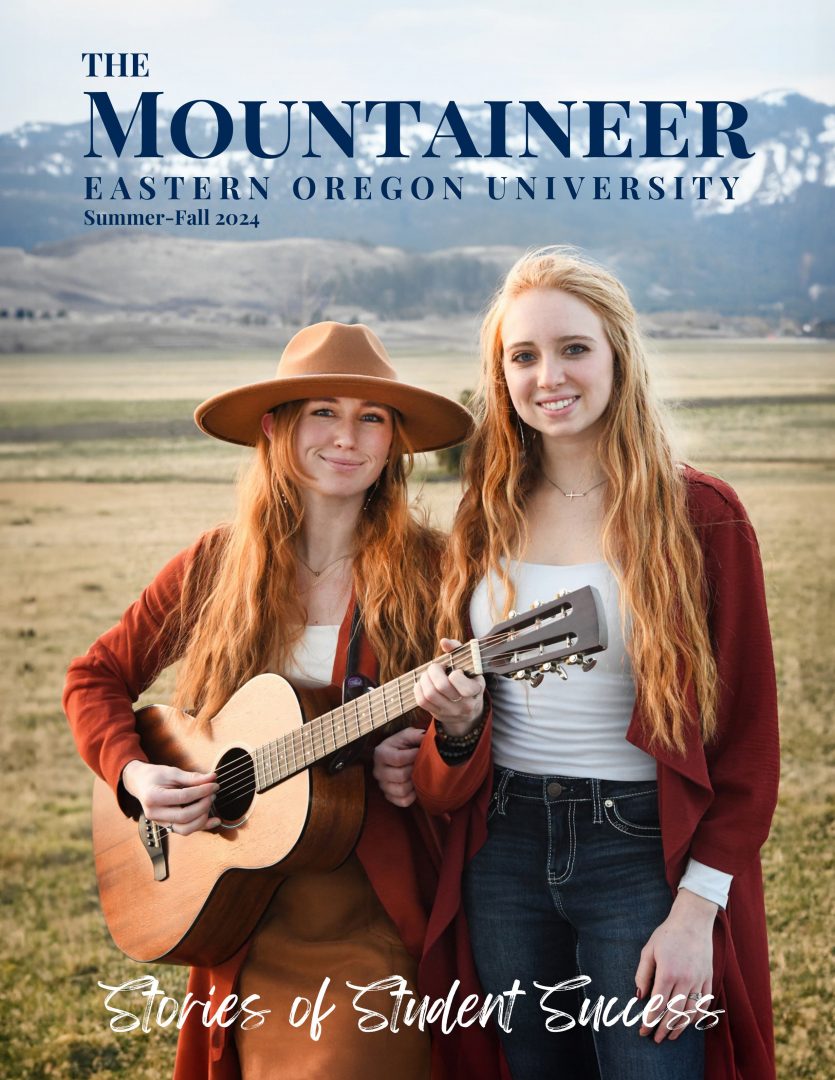Teaching amid trauma

As families around the world coped with isolation, illness and financial hardship, EOU faculty members shaped a new concentration and licensure specialization that prepare teachers to respond to their students’ needs.
The Trauma in Educational Communities concentration and specialization are the only programs of their kind in Oregon. Housed under the fully online Master of Science in Education degree, both offerings opened for enrollment this fall.
Even before the coronavirus pandemic struck, Dean of the College of Education Matt Seimears found a significant need for trauma-invested teachers in the region.
“Superintendents were calling me to ask what we can provide to help with traumatized students,” Seimears said. “We built this because of the demand in our schools.”
A team of EOU faculty began developing trauma-specific courses in September 2019 and worked collaboratively with K-12 schools to refine them.
“Faculty are in the schools seeing things first-hand. Most program developers never see that,” Seimears said. “We have the potential to be the leading institution in the state of Oregon with trauma and resilience.”

Associate Professor of Education Amanda Villagómez coordinates the program and led the faculty planning team.
“School districts offer some training, but they’re often expensive or hard to access. Plus, we wanted to dig deeper than a one-time training,” Villagómez said. “The coursework looks at individual and systemic traumas.”
She said the curriculum development team was intentional about approaching the topic through a culturally responsive and equitable lens. The College of Education prioritizes cultural responsiveness in developing educators: running the Oregon Teacher Pathway, hosting the Center for Culturally Responsive Practices, sending faculty to the International Conference on Education and Social Justice, and incorporating English for Speakers of Other Lanugages (ESOL) training into undergraduate degrees. In 2020, that inclusive approach has become even more valuable.
“The COVID pandemic is bringing trauma to the surface,” Villagómez said. “Certain populations are having higher rates of impact, and it’s revealing inequities.”
Looking ahead, the college plans to continue its work toward integrating cultural responsiveness and equitable practices into teacher coursework.
The Trauma in Educational Communities concentration addresses age groups from preschool through high school. Interactive elements and a flexible start term mean that students can complete all required courses in just three terms. The content is accessible and applicable for administrators, recent undergraduates, substitute teachers, and even those who’ve spent years in the classroom.
“We always have the lens of how this affects teachers in our area,” Villagómez said. “EOU is all about relationships, and that’s a big part of the coursework. A lot of what EOU stands for aligns well with principles of trauma-invested care.”
More information about the Master of Science in Education program and the Trauma in Educational Communities concentration and specialization is available at online.eou.edu/programs/master-science-education.
